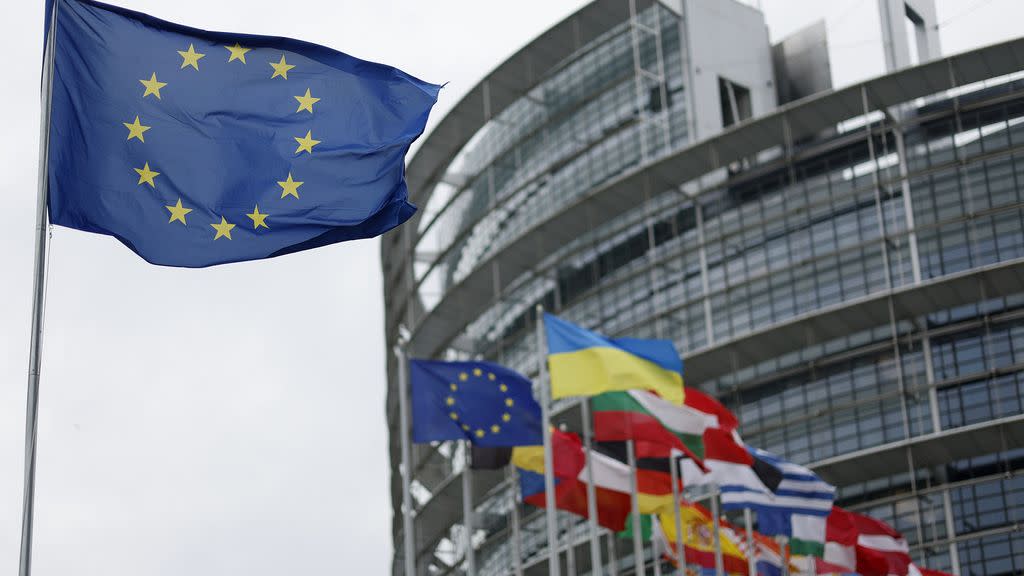Fact-check: Does the EU decide 80% of our laws?

How much of our legislation comes from the European Union? It’s been a lingering debate for many years now with multiple Eurosceptic and even Europhile politicians claiming the EU imposes 80% of its laws on member states.
The problem with quantifying the amount of laws is finding accurate and recent figures.
Previous studies that looked into this found the EU’s influence to be significantly less: more like 20-25%, according to this French study from 2009.
Most studies do maintain that while the EU heavily regulates some areas, the answer is not that straightforward.
That's because, in some areas, Brussels tends to heavily influence certain policies while other areas are left for member states to decide on.
Agriculture, environment, markets highly regulated by EU
“We do have areas or policy areas with high shares (more than 50%) of Europeanised laws - in the area of agriculture, environmental policy and in the field economics," explained Annette Elisabeth Töller, professor at FernUniversität in Hagen (Germany), who had previously conducted a comprehensive study in 2012 about whether the European Union had significantly shaped the policy agenda of its Member States.
"But we do also have areas with lower shares of laws coming from the EU (well below 50%) - in the area of work and employment, in internal security, and also in health," she told Euronews.
Why this stark difference between multiple fields? That's because some EU legislation is needed on a wider level to be more effective, for example, in the case of migration or climate change according to Dr Töller.
"The EU is not competent to regulate every area of law. I think that's also a very strong counter-argument to those who say the EU is this superstate that can regulate basically whatever it wants," said Ton Van Der Brink, professor of EU legislative studies at Utrecht University (Netherlands).
Quality over quantity
According to Ton Van Den Brink, many of the laws that historically come from Brussels have been mostly technical such as regulating customs.
He argues that it’s best to focus on the quality and not on the quantity of legislation coming from the EU.
"Increasingly we're seeing legislation that is becoming more politically sensitive like the New Migration Pact or the Coronavirus Recovery regulation. I think it's more important to focus on these qualitative aspects of EU legislation.
"It's not just about technical regulation anymore, but it's indeed about making difficult political choices, and therefore it really matters who is going to be elected to the European Parliament [in] the coming year," he told Euronews.
Annette Elisabeth Töller agrees emphasising that the EU should not be viewed as a "Brussels-based monster, but rather as a set of institutions that were founded by some of the member states and other member states deliberately joined later."
"Thus, the picture of the member states as victims of the European Union is a myth in my view," she concluded.
Where does the "80%" estimate come from?
The phrase can be attributed to Jacques Delors, the former president of the European Commission from 1985 to 1995.
Delors played a key role in the creation of the single market, the euro, and the modern European Union.
He once said in a speech that by the year 2000, “80% of economic legislation will be of Community origin.”
The phrase stuck and has since been regularly repeated and used to spread disinformation.


